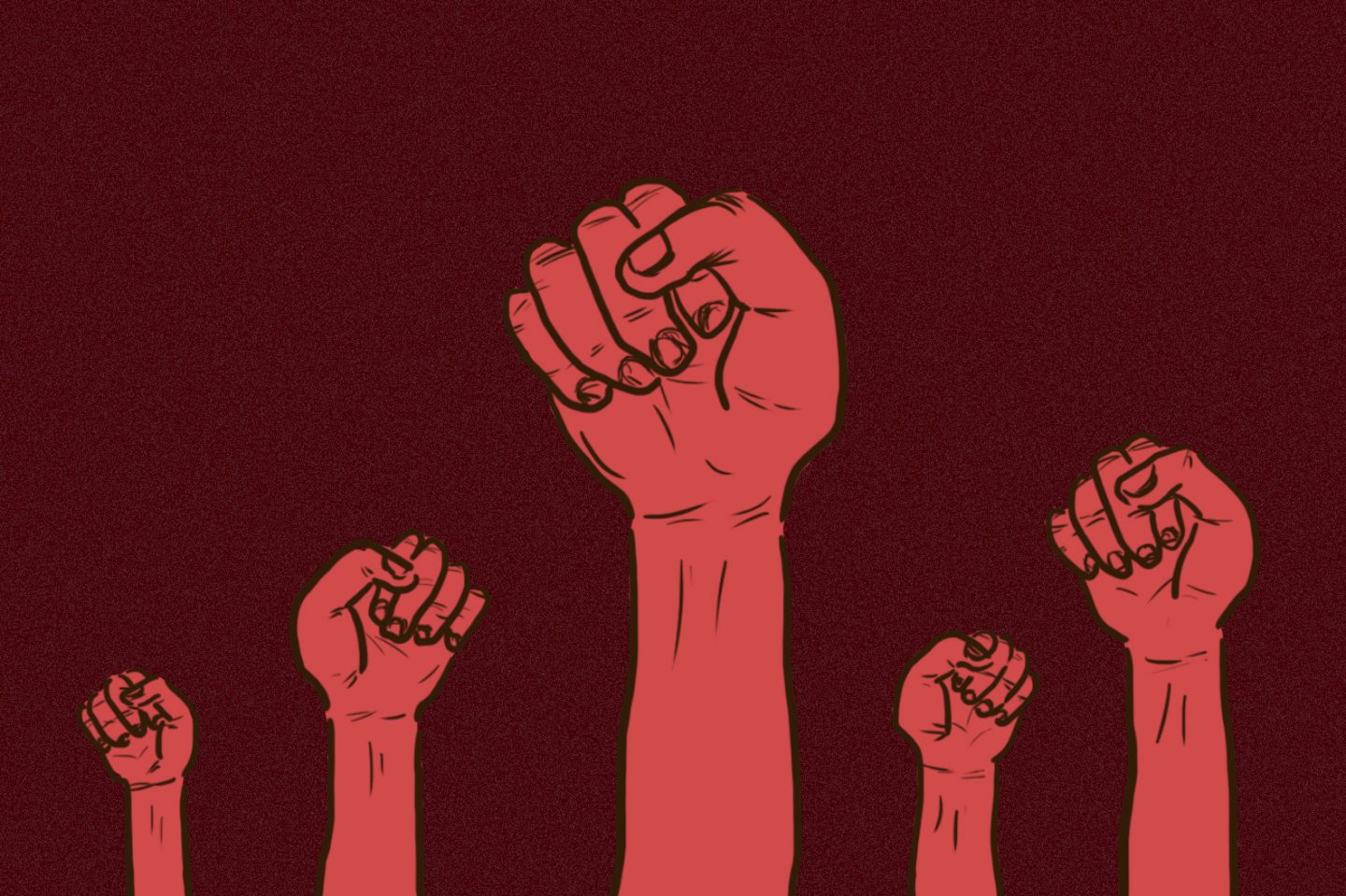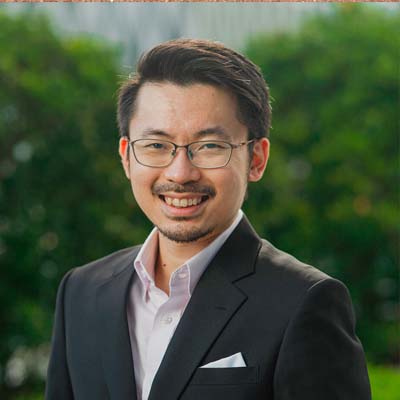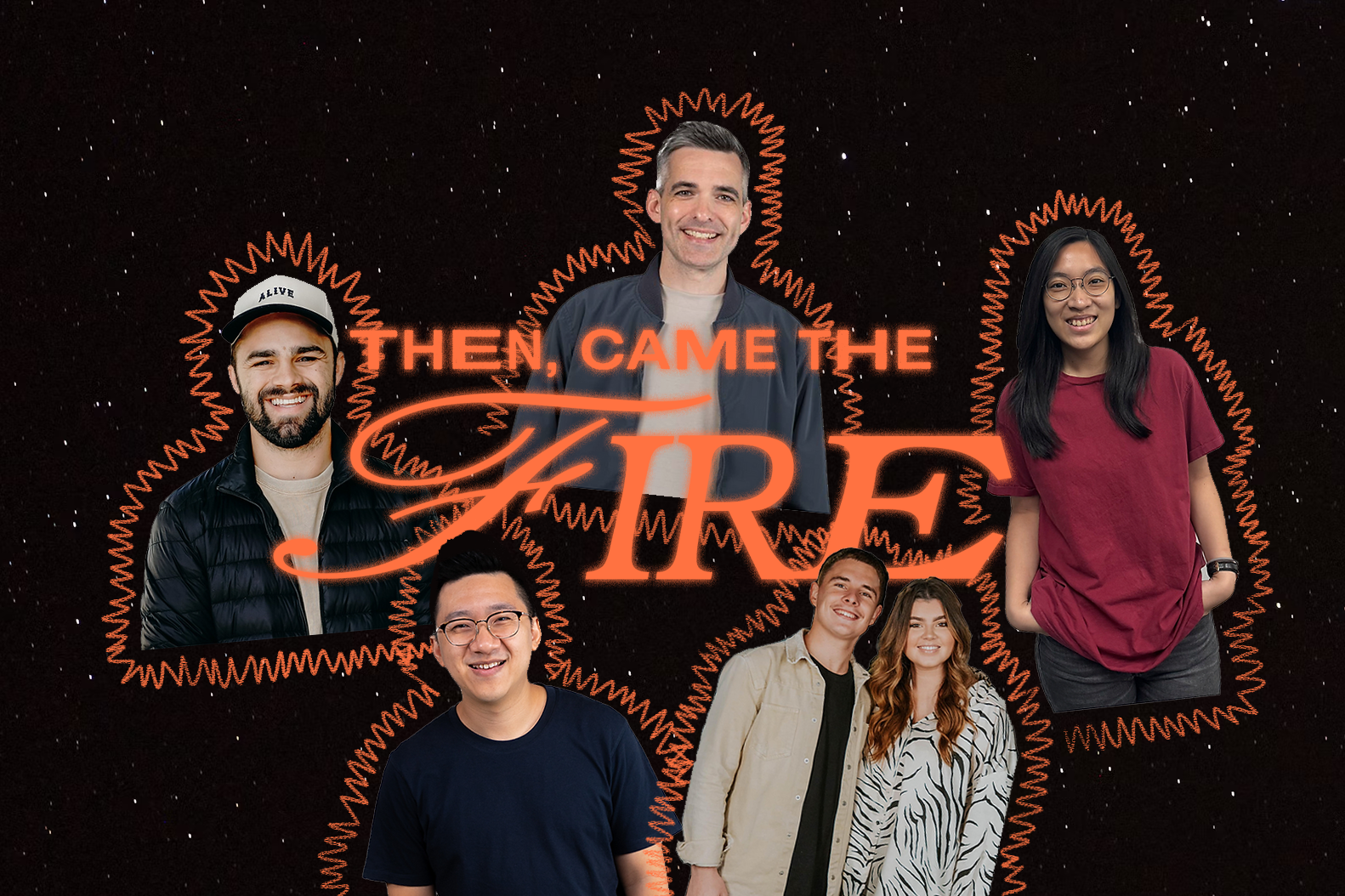Have you been bullied in school or witnessed someone getting bullied?
I have.
Have you met employees who have been unfairly treated – not paid their hard-earned wages, not given adequate rest, mentally abused, physically abused?
I have.
Have you ever spoken to a foreign lady who was promised a job as a waitress in Singapore only to find herself working as a prostitute?
I have.
Have you heard from a person whose loved ones have been attacked, thrown in jail or even killed for their faith?
I have.
Have you ever ostracised someone — whether because of race, beliefs, dressing, mannerism, language, disability, gender or the colour of their skin?
I have.
I hope you see then we have a serious problem of injustice. Social injustice. All around us, there is injustice.
This has been the case since the fall of man in Eden. The first story we read of after humanity’s eviction from Eden is the murder of a sibling. “Am I my brother’s keeper?” was the defiant defence of the murderer.
Today, we are seeing unprecedented levels of modern slavery and human trafficking. The number of people displaced by conflict is larger than that during World War II. Wealth and income inequality are at an astounding level, with 1% of the world owning 99% of the world’s wealth. In Singapore, many migrant workers are systematically and individually unfairly treated, certain people groups like people with disabilities are economically marginalised, and yet other groups are socially marginalised.
The sobering news is that we are all participants of the injustice.
Today, the number of people displaced by conflict is larger than that during World War II. Wealth and income inequality are at an astounding level, with 1% of the world owning 99% of the world’s wealth.
We who lust after women and consume pornography act by the same cause which drives human traffickers exploiting women and girls for sex.
We who greed for that little bit more wealth, for that harder bargain, act by the same cause which drives exploitative employers and perpetrators of forced labour.
We who perceive people different from us with disdain act by the same cause which drives terrorists to kill people who do not share their same views.
We who say or do nothing about unfairness and injustice to people around us act by the same cause which resulted in the Holocaust: The genocide of about 11 million Jews, Poles, people with disabilities, people with same sex attraction, people with differing worldviews.
The worse news is that those of us who try to rectify the injustice are still doomed to be partakers of the injustice.
“WHAT DOES THE LORD REQUIRE OF YOU?”
Henri Nouwen wrote that in fighting injustice, we will realise that the wounds and needs underlying the injustice we fight against are the same wounds and needs – insecurity, bitterness, desire for affirmation, etc – underlying our own actions. “We too are part of the evil we protest against,” Nouwen wrote in his book, Peacework.
Throughout the time of God’s relationship with humanity, God has constantly demanded that they seek justice. The prophet Isaiah relayed God’s word: “Learn to do good; seek justice, correct oppression; bring justice to the fatherless, plead the widow’s cause.” (Isaiah 1:17)
The prophet Micah summed up all of God’s demand of humanity as follows: “He has told you, O man, what is good; and what does the LORD require of you but to do justice, and to love kindness, and to walk humbly with your God?” (Micah 6:8)
The bad news is that none of us can meet this demand for justice. We are ourselves partakers of injustice.
There is however good news. Very good news. The good news is that since as long as humanity has been steeped in injustice, God has promised that a perfect King would one day come to bring perfect justice.
As Christians, our response to Jesus’ gracious sacrifice and salvation must be grace-fuelled justice-seeking.
This King is Jesus Christ. He was perfectly just. In all his relationships, he did right. His love for people brought inclusion and restoration.
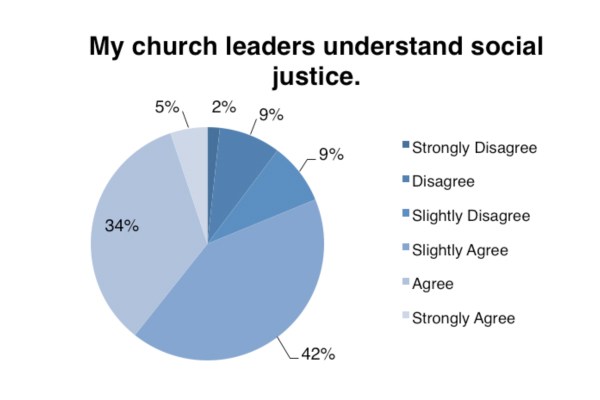
Even so, that doesn’t solve the problem of pervasive injustice. King Jesus’ plan to bring justice to the world is this: By bearing the suffering, shame and spiritual consequences of injustice through bearing and dying on the Cross on behalf of the whole world, he released those who are found in him from God’s demand for justice. They are then free to pursue justice in the world in response to his grace. In other words, Christians are justified in Christ to be just.
This justice is to be first established through the community of King Jesus’ followers. Because they shall be transformed inside out by his grace.
The just community is then to go out into the world to establish justice and bring others into its fold.
Cosmic justice enables social justice. As Christians, our response to Jesus’ gracious sacrifice and salvation must be grace-fuelled justice-seeking.
WHERE THE CHURCH COMES IN
Look around us. All the brokenness and suffering and oppression is not meant to be. Throughout God’s word to his people, he calls for free and full inclusive participation of every person into a community which dwells with him.
As people of his covenantal community, this is our integral mission: The proclamation and demonstration of the Gospel of King Jesus, the manifestation of the Gospel by good works and good words, that all may be saved into a community of perfect justice and peace with God.
The early Church understood and practised this. When a deathly plague settled on the land in the Roman Empire, the non-Christians threw out their own sick family members to die. The Church not only cared for their own sick members but also the non-Christian people around them. The pagan Emperor Julian was affronted and ashamed by how noble the Church was.
This spirit of justice continued in the Protestant Reformers like John Calvin who established in Geneva, institutions, policies and efforts to care for the poor and sick through hospitals and the creation of employment for poor and refugees.
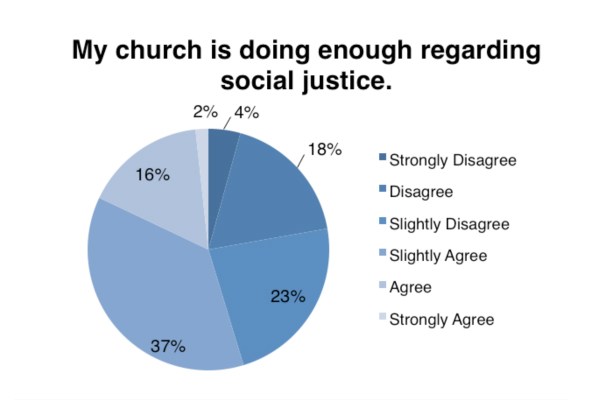
In Singapore, the early missionaries in the 1800s started with humble efforts of establishing small medical dispensaries for the poor locals, schools for all including girls many of whom were abandoned by their Chinese families, and shelters for the coolies who had been trafficked and exploited. Many local beneficiaries became Christians. They are our grandparents. They are the parents of our church leaders today.
The problem of injustice today is daunting for us. But we take heart in the fact that King Jesus is already there with the victims of injustice, and He calls His servants to join Him.
“Where I am, there my servant will be also” (John 12:26). Are we servants of King Jesus? Will we follow the King of justice who calls us to justice today?


